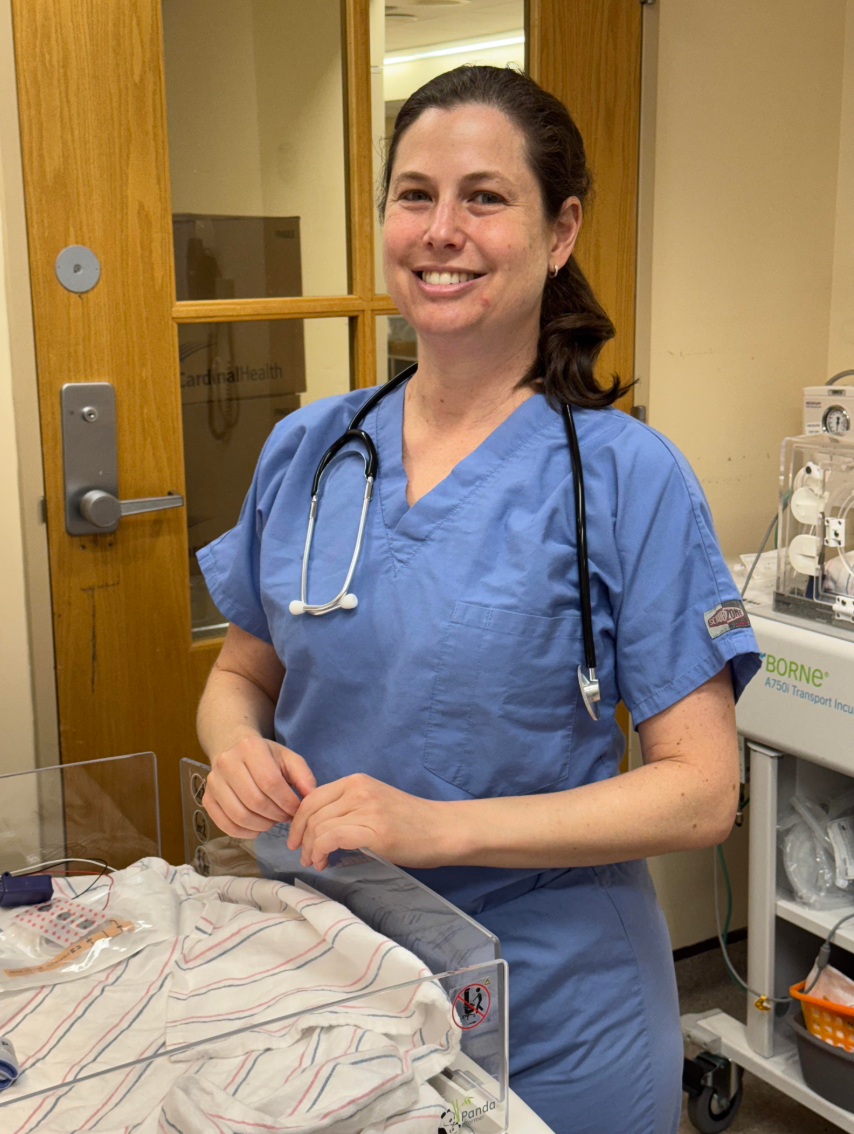
The author at work.“Wow! You were so kind to that little boy!” a paediatric resident told me with a saccharine and insincere tone. I was a third-year medical student, and she’d pulled me aside after she’d witnessed me giggling and zipping trucks along bedrails with a patient. I was also a 25-year-old woman who lacked a professional filter. “Why wouldn’t I be kind?” I blurted out. My voice mirrored my grandmother’s. I don’t remember if the child was experiencing a specific ailment commonly coupled with his Down syndrome, such as leukaemia or a structural heart or digestive condition, or if he was hospitalised for a typical paediatric problem like asthma, appendicitis or some accidental injury. What I remember is the resident’s eyebrows arching and her lips pursing. I realised too late she’d expected me to just say “thank you.”I trained my eyes on the tiny plastic frog dangling from her stethoscope. The amphibious toy meant to distract children while she auscultated their hearts and lungs couldn’t distract me from the sound of my pounding heart. We stood silently facing each other in the hospital corridor, until I heard the little boy’s Tonka truck clank to the floor. Saved by gravity, I pivoted back into his room to pick it up with echoes of my grandmother’s yelling buzzing in my ears.Twenty years earlier, my grandmother Yetta reprimanded me and my cousin for tumbling headfirst down the half-flight of carpeted stairs in her split-level house, wearing the smocked Polly Flinders d
Full Story